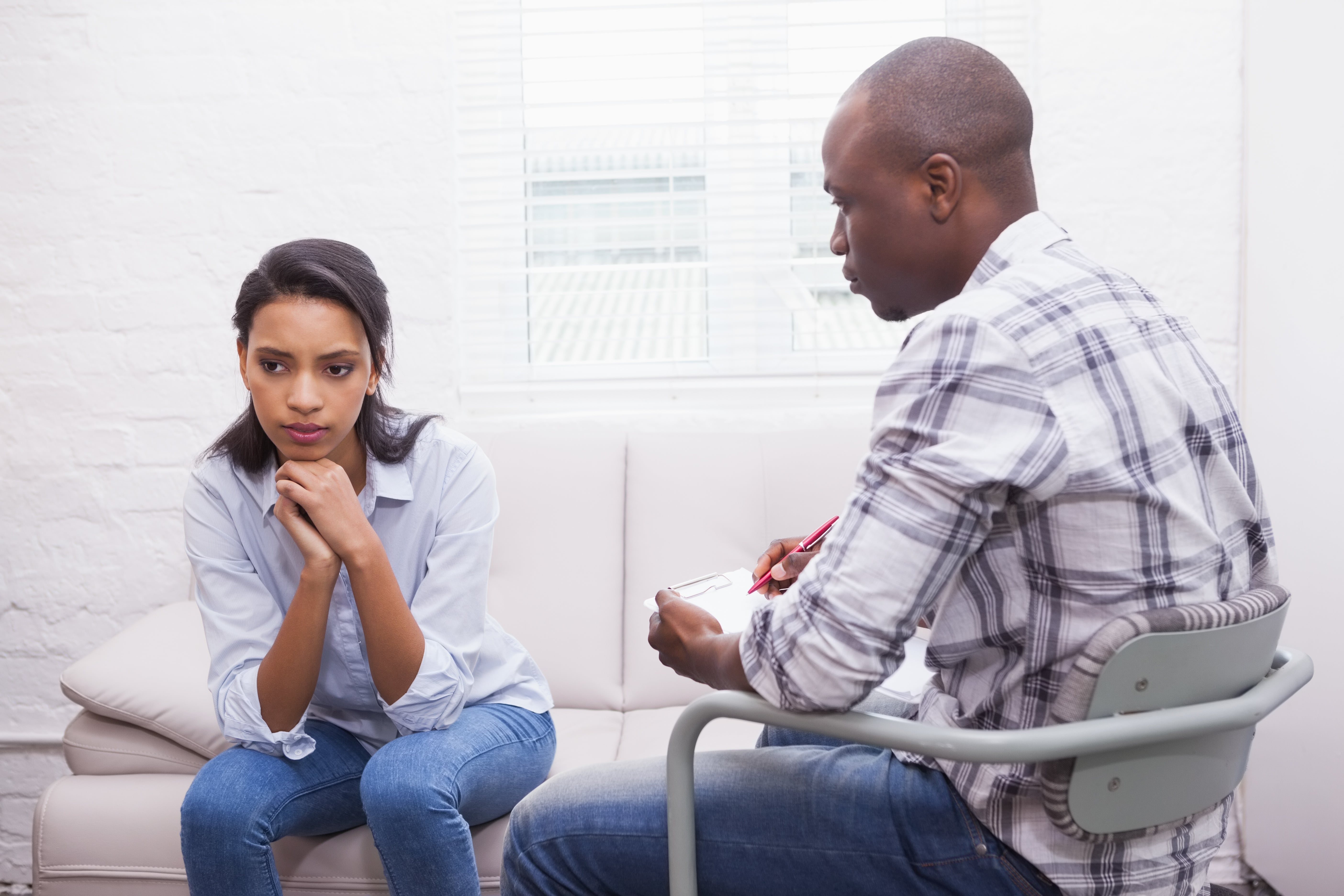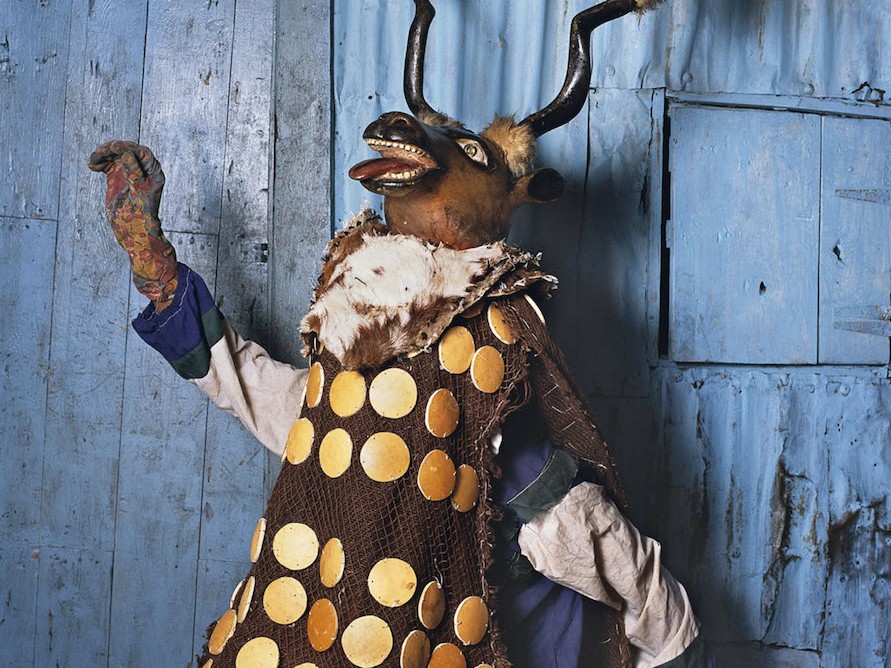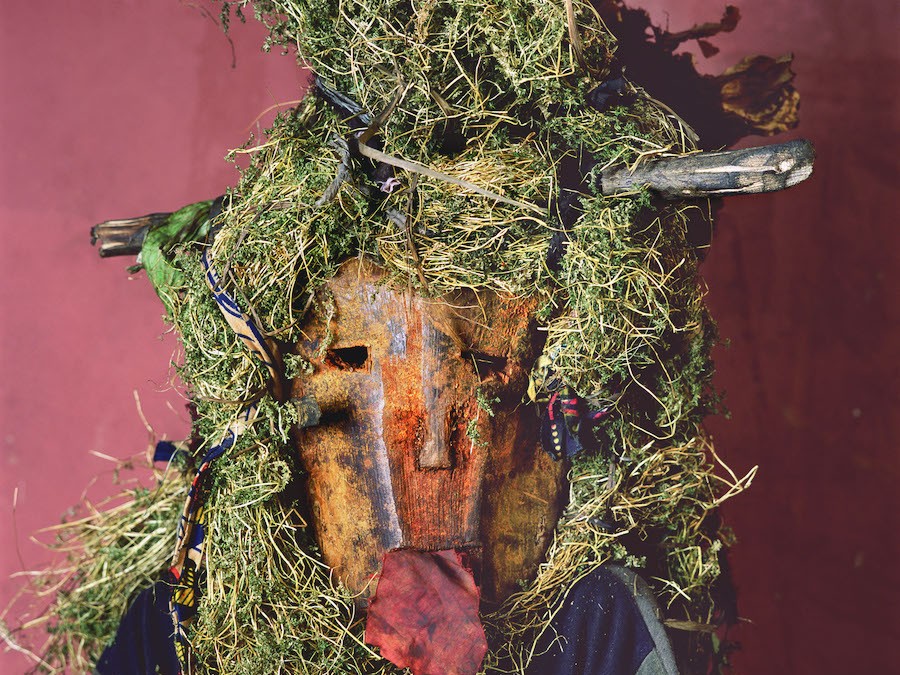Share this!
Mental Health and the Motherland: Raising Mental Health Awareness in Africa
By Zaina Adamu
*Some of the names in this article have been changed to protect their privacy.
Afua, a young woman born and raised in South Africa, will never forget the time leading up to her battle with depression. She was getting ready to attend a family gathering when she received a phone call she said she will never forget.
“Something is wrong with your grandmother,” a voice on the other end told her. “She is dead.”
Afua’s immediate reaction was shock, she recalled in a YouTube video as she held back tears. She fell to the ground, and although the news did not register immediately, she began to cry because she and her grandmother were extremely close.
As days passed on, shock turned into numbness, then numbness turned into depression. But because of the stigma attached to mental illness, she would put on a face in public and pretend she had everything together. It was important that she appeared strong around her family and friends, so she held back tears in their presence. All she cared about was making sure everyone else was okay, completely neglecting her own well-being.
Afua’s story is one of millions that Africans experience throughout the continent. According to the World Health Organization, 40-60 million Africans suffer from mental health issues in Nigeria alone. Disorders like depression, anxiety and schizophrenia run rampant throughout the continent, and unfortunately, several factors including lack of educational resources, limited mental healthcare workers and fear of being shunned or seen as “crazy” leave many to suffer in the dark.

“The most visible sufferers of mental disease—those often seen roaming the streets of overcrowded cities in Africa—are poor and unemployed, and are therefore designated as vagrants,” read a United Nations report. “Vagrancy is a crime in many African countries, which is why many mental health hospitals in Africa serve as prisons—places where poor and vagrant youths are chained away from respectable society.”
But there is hope for those affected by mental health. Here are five ways to seek help for mental illness.
Seek professional help
Even if you are not sure you may be affected by mental illness, it doesn’t hurt to visit a professional who can evaluate your mental health. Many centers like the Africa Mental Health Research and Training Foundation are emerging across the continent and provide free, day-of evaluations. These centers can be the beginning of understanding what is bothering you if something doesn’t feel right.
Develop coping techniques
There is a lot of research that suggests meditation can help in alleviating stress and anxiety. “Meditation trains the brain to achieve sustained focus, and to return to that focus when negative thinking, emotions, and physical sensations intrude — which happens a lot when you feel stressed and anxious,” says Dr. John W. Denninger, director of research at the Benson-Henry Institute for Mind Body Medicine at Harvard-affiliated Massachusetts General Hospital. Other techniques can include enjoying nature, listening to music, keeping a journal and maintaining a healthy diet.
Join a support group
There could be a sense of relief in knowing that you are not battling your mental illness alone. A quick Google search can connect you with several mental health support groups who come together both in-person and online to share stories and to vent if needed.
Don’t be afraid to speak up
You would be surprised to know how many lives you can save by being a voice to those who are too scared to speak about their own issues. Sometimes all it takes is to have the courage to speak up about your illness. Congregations, classrooms or the workplace are great places to begin. Once you’ve opened up about what you are facing, the healing process can begin because you are no longer in hiding.
You deserve to have good mental health
It is not your fault that you are depressed, have high anxiety levels or are dealing with any other mental illness. Once you suspect that something is wrong or have been recently diagnosed, accept how you are feeling and seek help through trusted family members and friends. What you should not do is keep your illness a secret. You are not alone and there are many people and resources who can help you find your joy again.
About Demand Africa
Demand Africa offers 24-7 access to the largest curated collection of Pan-African TV shows, series, soaps, movies and lifestyle entertainment direct from the continent. Demand Africa goes to Nollywood and beyond to offer a deeper connection to the continent. Explore the culture, people, places and traditions of Africa and stream with IMPACT. Now streaming over 1,000 hours, with content added monthly. 60% of your monthly subscription goes to the featured creators and distributors on Demand Africa.






